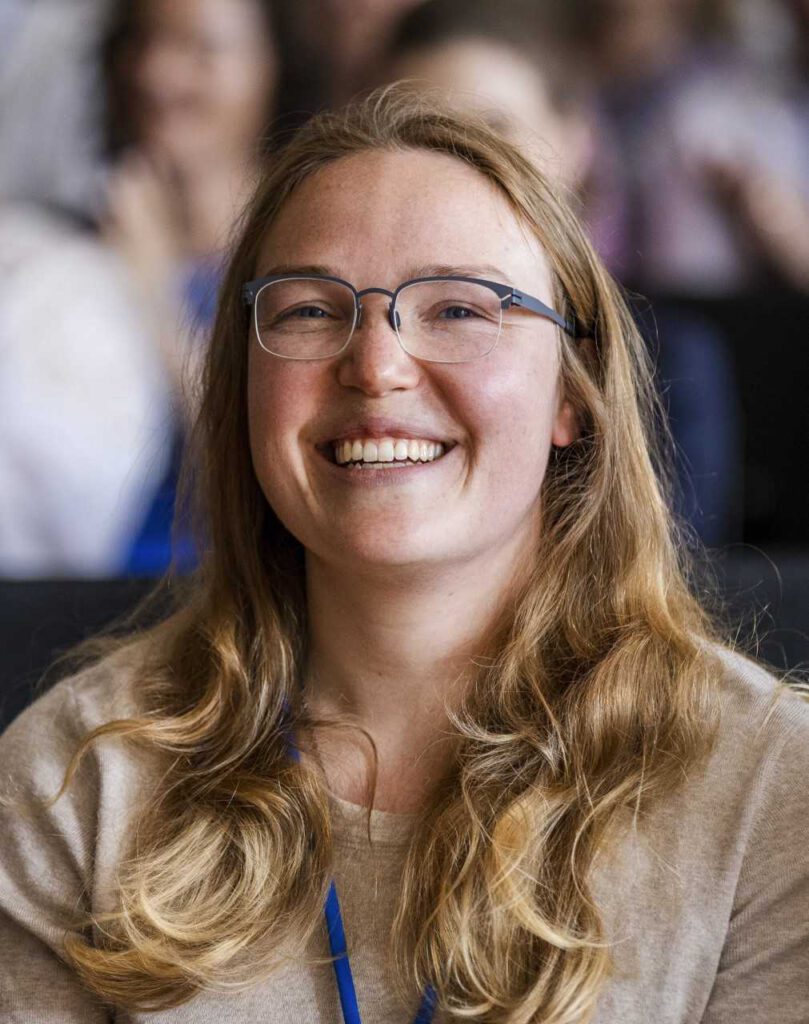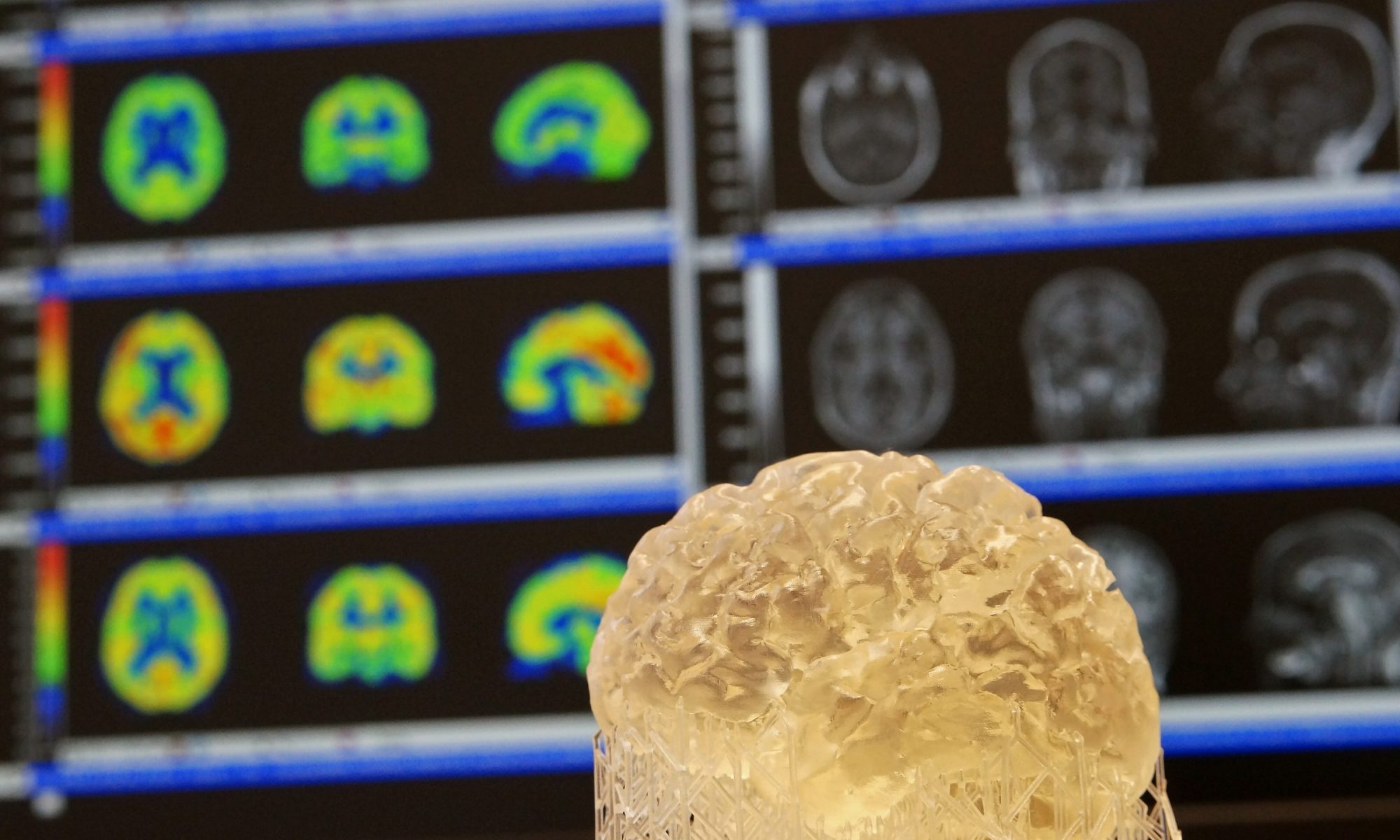
I joined the group in 2019 and am currently pursuing my PhD. With a background in biochemistry and neuroscience, my research focuses on resilience mechanisms and disease progression in Parkinson’s disease. I work on imaging-based monitoring using DaT-SPECT to better understand how motor and cognitive symptoms evolve over time. I’m also interested in improving quality standards for the use of AI in medical research.
In the team, I’m responsible for programming experimental tasks (both fMRI and computer-based), managing technical equipment, and supporting statistical analyses. Outside the lab, I enjoy sharing science with the public and regularly take part in science slams to make neuroscience more accessible and engaging.
Professional links: LinkedIn, GitHub, ResearchGate
Academic Education
| Period | Institution | Degree / Topic |
| 2020–2025 | University of Cologne & University Hospital Cologne | PhD Project: Navigating Parkinson’s Disease Heterogeneity |
| 2018-2020 | University of Cologne | Master of Science in Experimental and Clinical Neuroscience |
| 2014-2018 | University of Cologne | Bachelor of Science in Biochemistry |
Professional Experience
| Period | Institution | Role / Focus |
|---|---|---|
| 2024 | University of Iceland | Prof. Lotta Ellingsen Focus: Improving Parkinson’s Disease monitoring through denoising of clinical data and machine learning-based pattern recognition |
| 2018–2019 | Cologne Excellence Cluster for Aging and Aging-Associated Diseases (CECAD) | Research Assistant in the Quantitative Proteomics Core Facility |
Ask me about:
Definitely ask me anything about mixed models—seriously. Also happy to talk about statistics in general, but fair warning: I love diving deep into these topics, so make sure you have time! Beyond stats, I’m always up for questions about coding in Python, graph theory, the PPMI dataset, or any of the technical challenges that come with running our studies.
